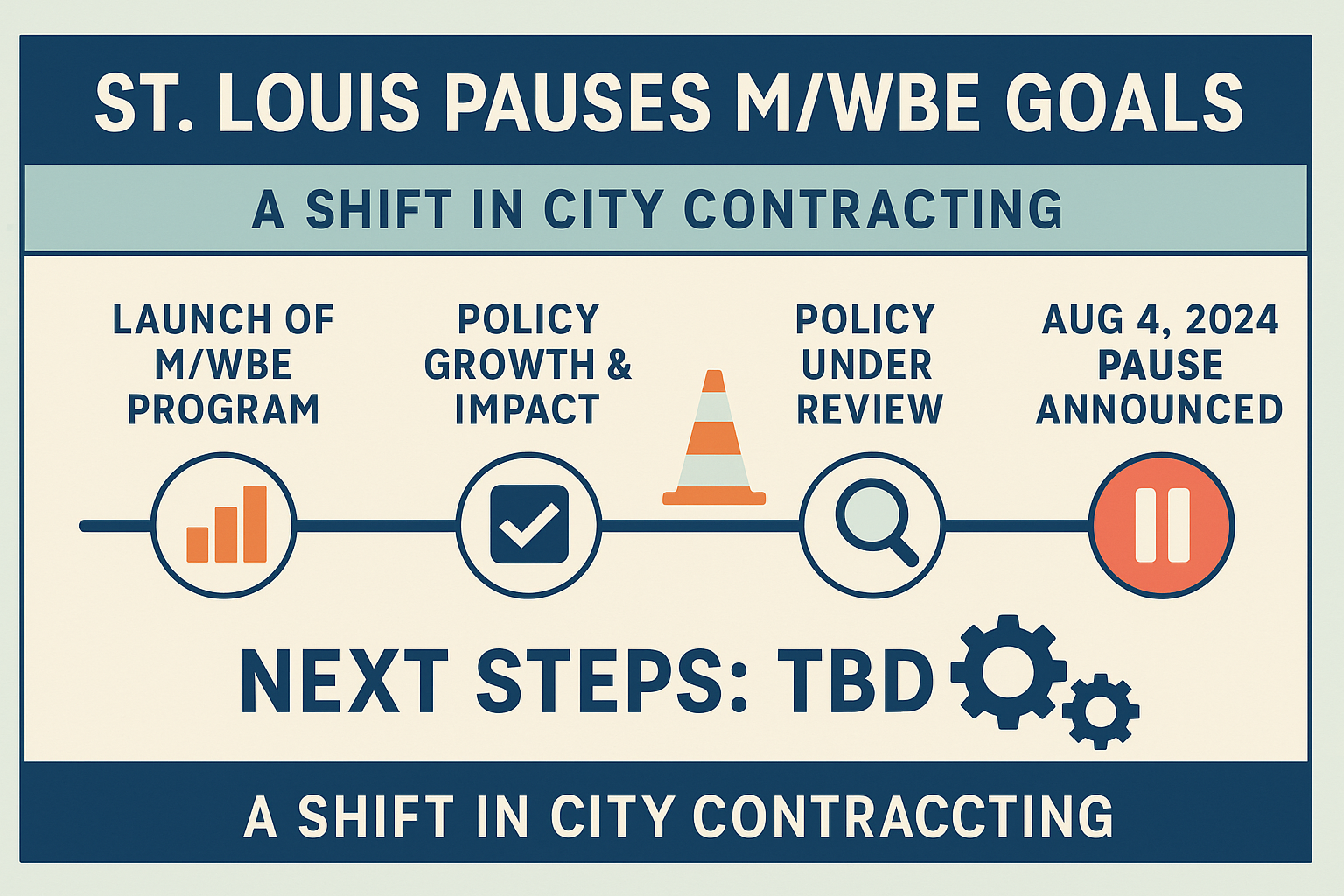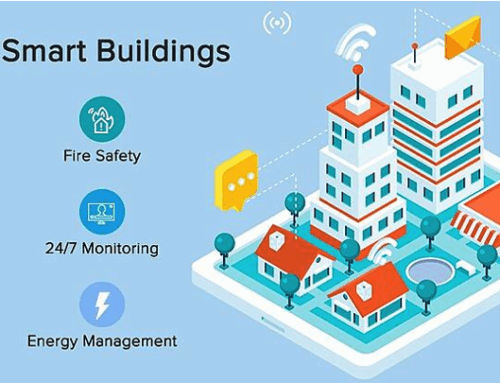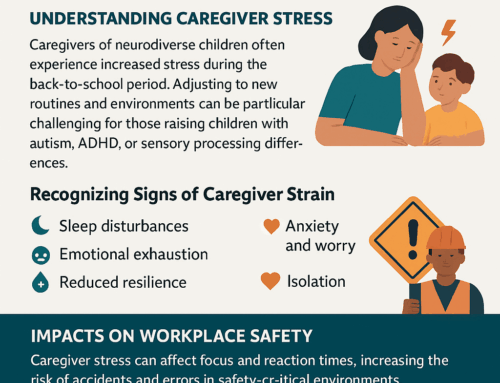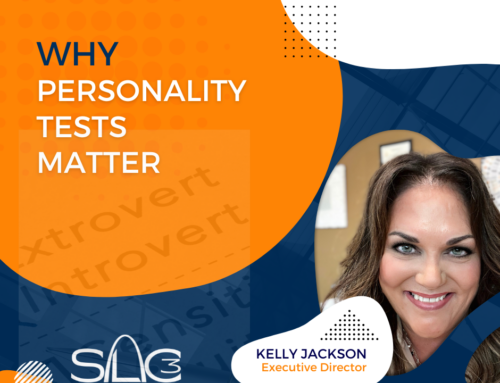As of Monday, August 4, the City of St. Louis has paused its Minority- and Women-Owned Business Enterprise (M/WBE) participation goals on all new city construction contracts. The change comes in response to concerns over the potential loss of federal funding, following guidance from the Trump administration regarding the legality and structure of such programs.
This pause marks a significant shift in how public construction contracts will be awarded moving forward. For over 40 years, the M/WBE program has served as a foundational policy aimed at promoting equitable access and participation in city projects. The sudden change has raised questions—and concerns—across the construction and business communities.
What’s Changing?
- No M/WBE goals will be included in new city contracts until a new policy is developed.
- All current new city construction contracts are on hold while the revised framework is under review.
- Longstanding efforts toward equity in public contracting may be impacted, depending on the outcome of the review.
What This Means for Stakeholders:
- M/WBE Firms: Many will need to reevaluate their bidding strategies and partnerships while awaiting clarity on future policy.
- Prime Contractors: While no longer required by the city to meet M/WBE targets, many firms may choose to continue inclusive practices as part of their broader corporate values.
- Public and Private Sector Partners: The shift may affect planning, outreach, and hiring practices in the short term.
This is a moment of uncertainty, but also one for reflection and action. How do we, as an industry, continue to support diverse and inclusive business practices, even when formal policies are paused?
At SLC3 and across our network, we remain committed to equity and inclusion as key pillars of a healthy, forward-thinking construction economy. We will continue to monitor developments and share updates as they become available.
In the meantime, we encourage all stakeholders to consider:
- How can we maintain momentum toward inclusive growth during this pause?
- What voluntary practices can we adopt to ensure continued opportunities for M/WBE firms?
- How can we use our influence to help shape the future policy constructively?
We’ll be keeping a close eye on how this unfolds and will offer opportunities for discussion and collaboration on the changes to programs across our region.





